By Emeka Alex Duru
(08054103327, nwaukpala@yahoo.com)
Two major interventions on the disturbances in Plateau state, prompted this contribution. One is the lamentation by the governor, Caleb Mutfwang, in which he alleged that the recent killings in his state are genocidal and sponsored. Mutfwang did not name the sponsors or those he suspected, for reasons perhaps known to him. He should understand the issues, more than any other person. He is at the centre of it all. He is the one putting on the shoes and knows how they pain, being the chief executive of the state.
The other alert is the observation by the immediate past National Secretary of Nigeria Union of Journalists (NUJ), Shu’aibu Usman Leman, in his piece; “Escalating violence in Plateau: A deep dive”, published in this medium some days ago. In the article, he argued that the crisis in Plateau, poses significant threat to the unity of the nation. The fears by Governor Mutfwang and Leman cannot be dismissed with the wave of the hand. They are profound and disturbing.
Leman and I share considerable sentiments on Plateau and what it has been reduced to. Apart from being colleagues and working together at some point in The Post Express Newspapers where I was his Deputy in the Weekend Title, we are old students of the University of Jos (UNIJOS). He stayed longer in the institution, having earned his first degree there. He knew how Plateau was in his days of studentship and what it is now. His analysis, on the state, is therefore instructive.
My stay in UNIJOS was relatively brief. I was for a graduate programme that lasted for a year and half. But before then, I had longed to visit the State. Growing up, my parents, especially my mother, used to regale us with stories of the beauty and placidity of Jos. My family was in Jos during our infancy before it was forced out of the city following the crisis and pogroms of 1966 that eventually snowballed to the civil war. The only times my mother’s mood was punctuated in her reminiscences, were at moments she recalled how erstwhile neighbours and friends, suddenly turned against one another. Dragging the memory down to the Benue axis where she witnessed pregnant women disemboweled and men, especially young men tied hands backwards and thrown into River Benue, for the single sin of hailing from the eastern part of the country, always terminated the stories. Sobs and tear drops often took over and disrupted the stories.
Those tales incidentally, fired my urge to visit Plateau. And I eventually did. While in UNIJOS between 1991 and 1993, I confirmed the beauty and serenity of the place. The unique the Jos weather, relative low cost of living, peaceful environment and fellow-feeling among the residents, compared to no other place in the country. It was in Plateau, Jos in particular, that for the first time, I noticed churches and mosques sharing the same compounds or separated by thin walls. Where we lived – Angwan Rogo, was behind the university and predominantly populated by Muslims. But it did not really matter to us. At festive periods by either Christians or Muslims, we were served with food items by wealthy members of the particular faith celebrating. Nobody in the city, to my knowledge was discriminated against or attacked on the basis of faith, sect or ethnicity. It was not for nothing that we prided UNIJOS as a mini-Nigeria; an institution that had many students living in peace with one another without any group dominating the others.
Sadly, that era is gone. Usman Leman captured it that; “Once celebrated as the nation’s “safe haven” and proudly proclaiming itself the “Home of Peace and Tourism,” the state has been transformed into a theatre of conflict, leaving a devastating trail of lost lives, destroyed property, and hundreds of thousands displaced”. This is the current depressing story of Plateau; an unflattering index of state failure and irresponsibility on the part of the leadership and the people.
Few days ago, the state was again, soaked in blood, this time losing 52 lives in Bokkos Local Government Area. Communities mostly affected are Hurti, Josho, Daffo, and others in Manguna area of the council. 383 houses were reduced to ashes and 1,800 citizens, displaced. The latest orgy of violence came on the heels of the sordid Christmas 2023 massacre that left about 200 people dead.
Earlier in August 2021, 25 travellers in transit in Bassa and Jos North Local Governments were intercepted and killed by suspected sectarian militia near Jos. Few days later, gunmen invaded Yelwan Zangam Village, close to the University of Jos, claiming the lives of 37 people in apparent retaliatory action. In January 2021, 150 individuals in Kuru Karama, Riyom Local Government, were killed by armed militia groups. Two months later, 500 people, including women, children, and even a four-day-old baby, were brutally murdered in Dogo Nahawa in what was believed to be reprisal attack. In one area alone, the barbarity saw the slaughter of five infants and 28 children aged five and under. Since 1994, when five lives were lost after the indigenous people of Berom, Anaguta, and Afizere rejected a sole administrator for the Jos North LGA, Plateau has been a metaphor for ethnic recrimination, bloodletting and destruction. At a point during the time of President Olusegun Obasanjo when over 2000 residents and indigenes were mowed by blood hounds, emergency rule was declared in the state and the then governor, Joshua Dariye, suspended for six months. The measure did not end the cycle of violence. None of Obasanjo’s successors has been able to end the killings.
The April 2 massacre in Bokkos may therefore, not be the end. More dangers could be lurking, unless serious actions are taken. That was the point by prominent Islamic group, the Jama’atu Nasril Islam (JNI) in a statement by its Secretariat General, Professor Khalid Abubakar Aliyu, that “The recent killing spree in Bokkos is worrisome and we fear that the way things are going, if not well-managed, it could lead to anarchy. Therefore, Government should rise to the occasion and act decisively”.
Unfortunately, that may be where it all ends. Ours is a system that hardly cares about what happens to the citizens. The maxim is that protection of lives and property of the people is the primary function of the government. Leadership is also about sacrifice for the good of the led, while the people owe the leaders their loyalty. That is the essence of social contract as espoused by the 18th century French thinker and author, Jean-Jacques Rousseau. But ours is a different case. Here, the people are driven to death for the leaders without getting anything in return. It is thus, hardly surprising that while Plateau burns, not much has been done by the federal government to douse the fire.
Curiously, the President, Bola Tinubu, is in France, on what his aides claim to be “a working visit”. It can only take an unconscionable setting as Tinubu’s Nigeria for a section of the country to be bleeding profusely as Plateau is and the President; the Commander-In-Chief of the Armed Forces, is abroad for whatever reasons. Of what benefit is the “working visit” when the people are dying? Who then is he working for?
The Plateau mayhem has manifested all the attributes of genocide, while the government keeps playing the ostrich. It has become a time bomb that could leave the country worsted.
DURU is the Editor, TheNiche Online Newspapers, Lagos



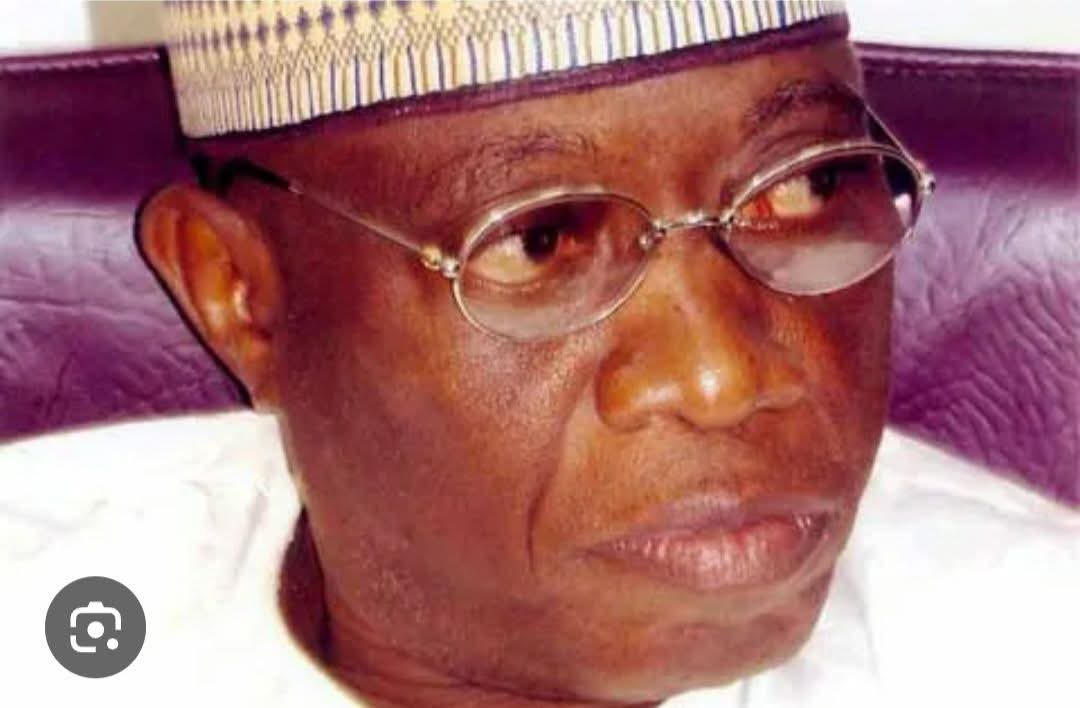




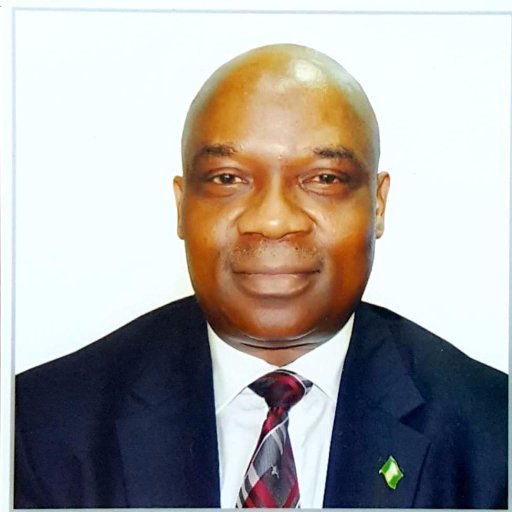
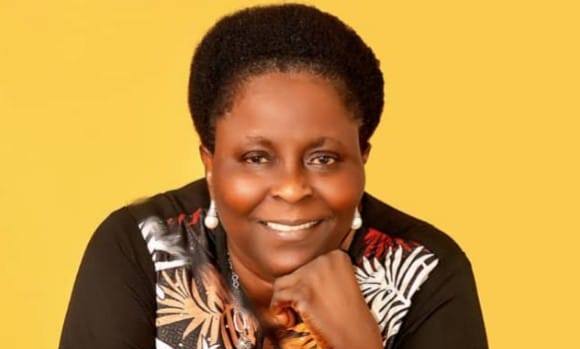

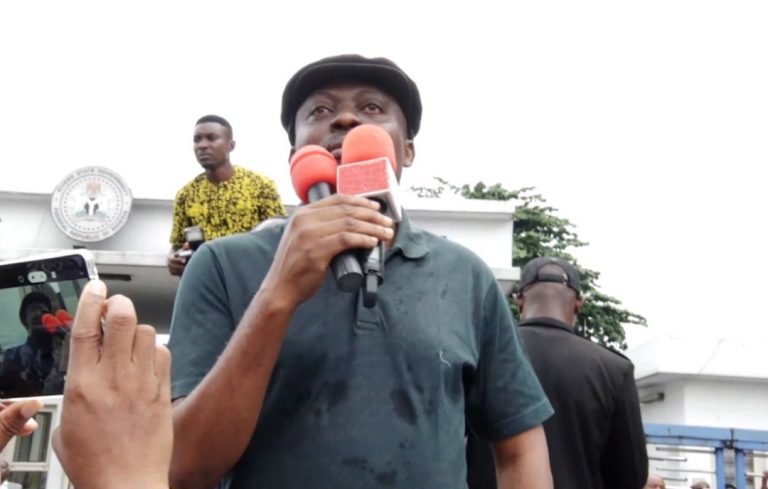
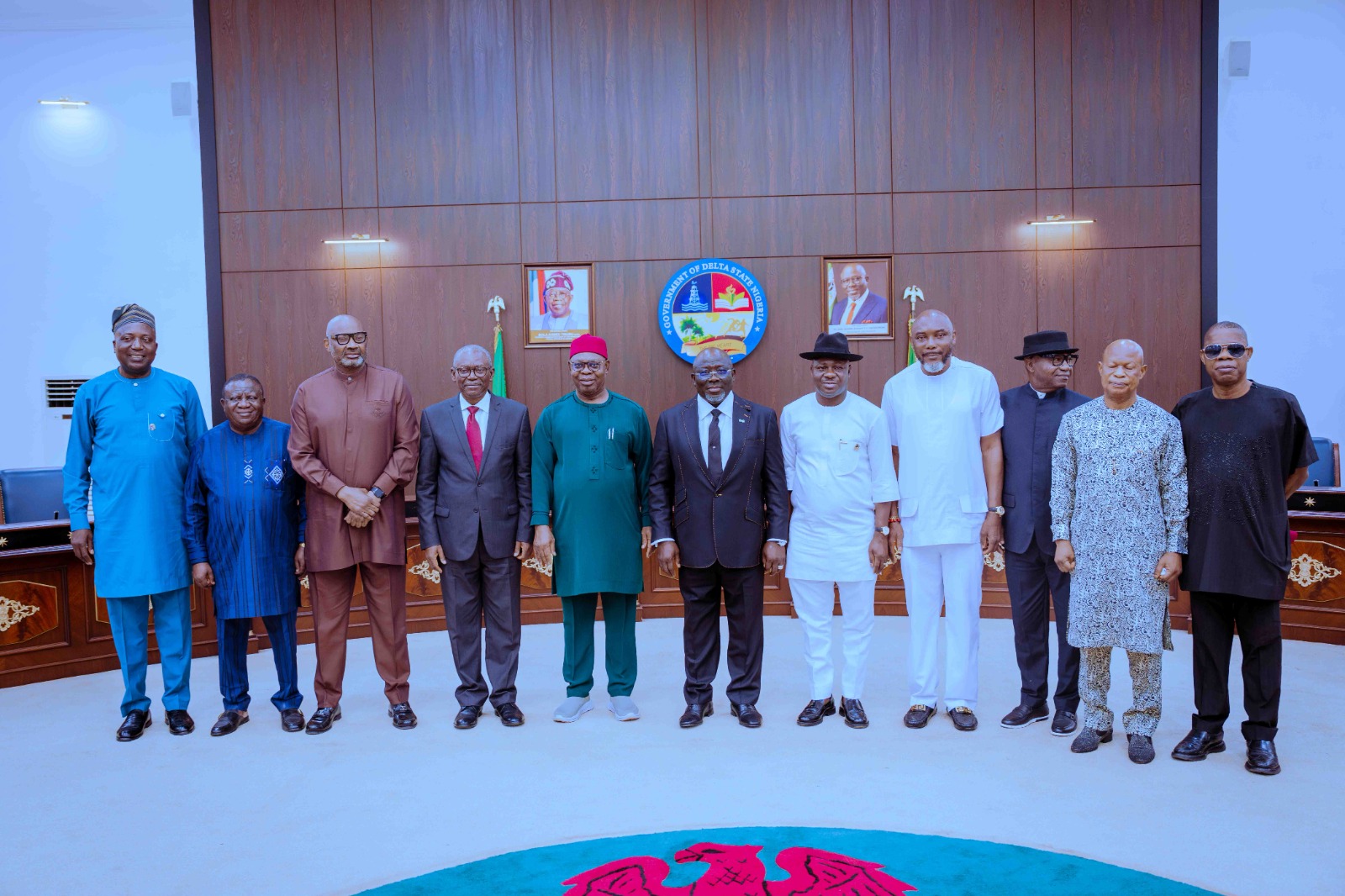
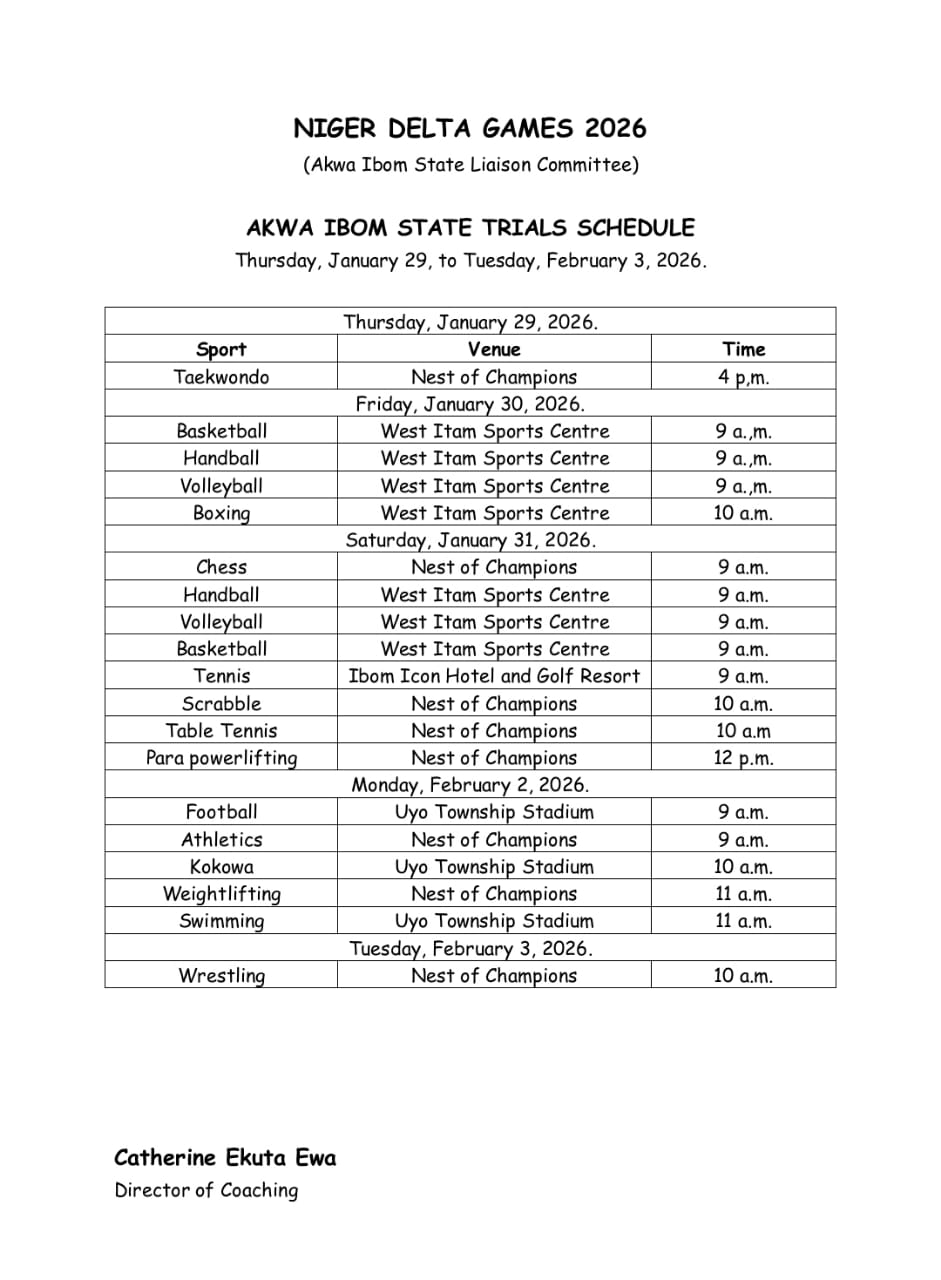
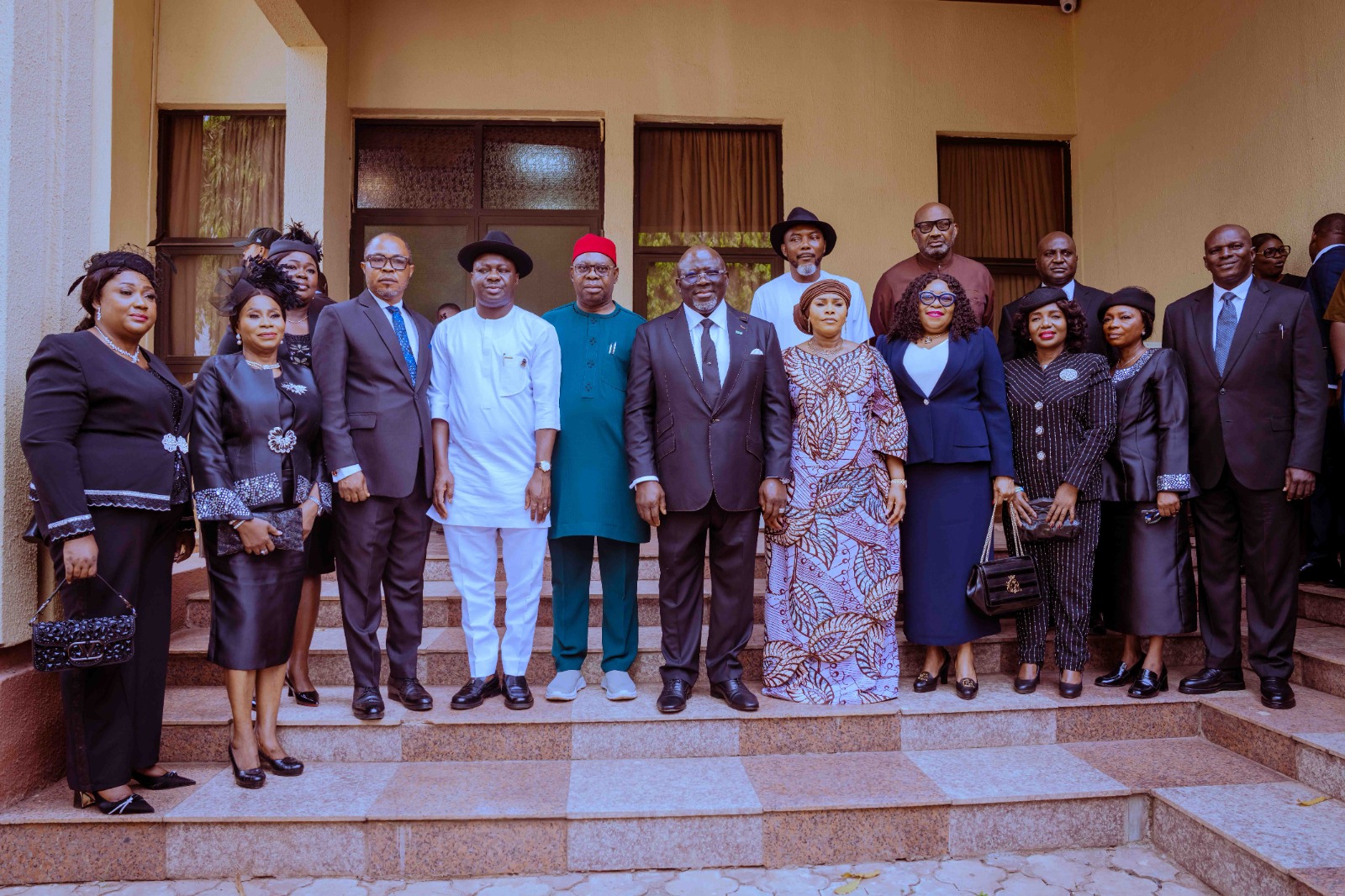
Leave a Reply